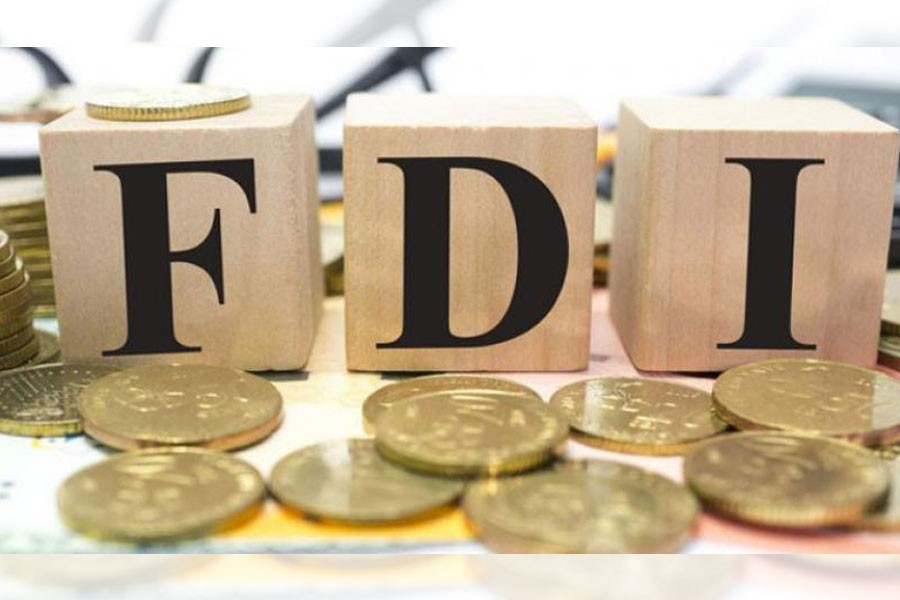British High Commissioner in Bangladesh Robert Chatterton Dickson on Monday said adherence to the rule of law and democracy are important principles to attract foreign investment.
There is scope for improvement in the institutional quality of Bangladesh.
In order to ensure democratic institutions are effective, fair and credible, elections are a must, the UK envoy told a civil society dialogue jointly organised by the Centre for Governance Studies (CGS) and the Friedrich-Ebert-Stiftung (FES) Bangladesh.
A fair election must ensure that all parties are allowed to participate, everyone should be able to cast their vote freely, and the results of the election must be accepted by all parties, he noted.
But Mr Dickson made it clear that no foreign nation can tell Bangladesh how to conduct its election, and the demand for a fair election must come from the people of Bangladesh.
Dr Manjur Ahmed Chowdhury, chairman of CGS; and Shadhan Kumar Das, programme coordinator of FES, made the introductory remarks in the event moderated by Zillur Rahman, executive director of the CGS.
The High Commissioner stated that the upcoming change in Prime Minister in the UK would not shift UK's geostrategic focus from the Indo-Pacific region.
Talking about the Rohingya crisis, the British HC admitted that there is no quick and easy solution to the current problem.
But he assured that the UK would continue to provide Bangladesh with funding, as well as advocate for the issue in the UN Security Council.
Speaking on the current global inflation and the rise in commodity prices, the HC lauded Bangladesh's RMG exports, which he said, was quite significant despite the global economic downturn. He believes that the current level of inflation is a short-term problem.
In this connection, he stressed the need for export diversification as the RMG market is particularly vulnerable to shifts in consumer demand.
Regarding foreign direct investment (FDI) and the current level of UK investment in Bangladesh, the HC highlighted that currently there are large British corporations such as HSBC, BAT, and Unilever that are playing a big role in Bangladesh's economy.
He expressed interest in increasing the level of private sector investment from the UK by working to acquaint British investors with the post-LDC Middle-Income economy of Bangladesh.
The HC also gave a brief overview of the upcoming Developing Countries Trading Scheme (DCTS) that will be implemented by the UK.
Under this new trade scheme, the UK will provide Bangladesh and a few other developing nations with greater duty-free and quote-free access to the UK market.
According to the HC, Bangladesh is uniquely poised to take advantage of this new scheme as strong bilateral trade with the UK has already been established.


